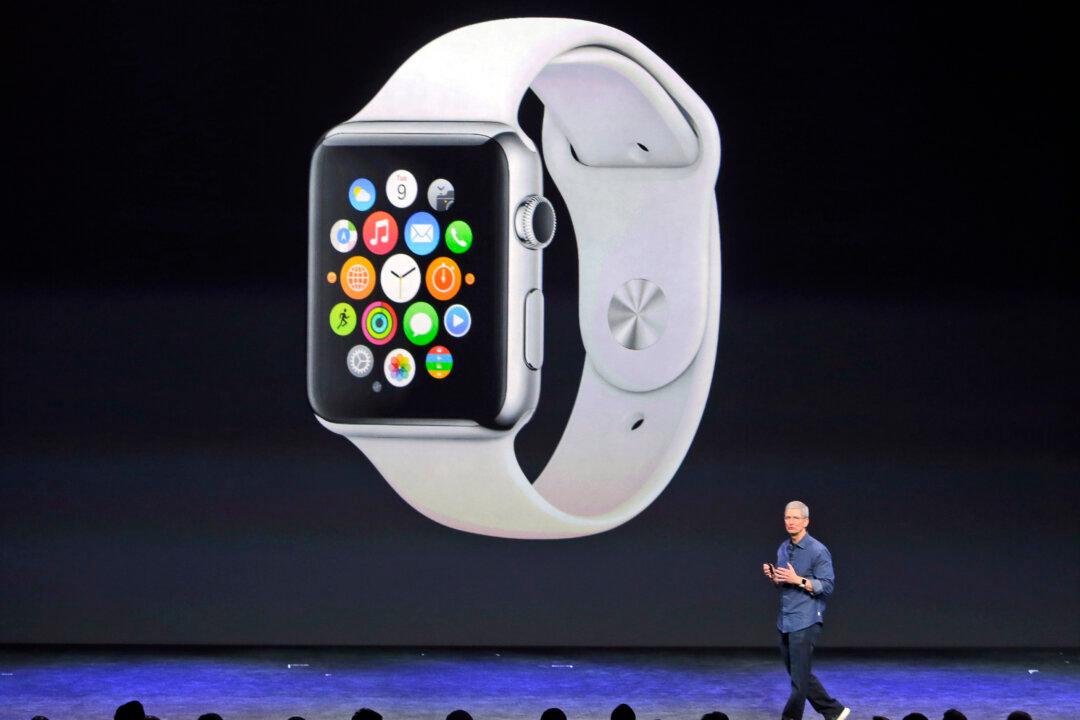Final details of Apple’s new smartwatch have finally arrived at the firm’s glitzy Spring Forward event. But athile the hype machine steps up another notch, there are other issues regarding health and self-tracking and, possibly even more important, over wearable tech companies’ interest in our emotional lives.
Apple’s Watch records exercise, tracks our movements throughout the day, assesses the amount of time we are stood up, and reminds us to get up and move around if we have been sat for too long—let’s not forget Tim Cook’s “sitting is the new cancer“ line. It achieves this by means of an accelerometer, a heart rate sensor, WiFi and GPS. There are already many smartwatches on the market such as the Pebble and offerings from LG, Sony, Samsung, and Motorola, among others. Of course, these haven’t had the Apple marketing Midas touch.
Whether the Watch will be a flop or success, Apple’s entry is a significant contribution to industry-wide attempts to get us using wearable devices. The market is predicted to grow from 9.7m units in 2013 to 135m in 2018, according to CCS Insight, while a report from UK retailer John Lewis also records steady growth in wearables for health and well-being: sales were up 395 percent from 2013. This is notable because John Lewis is not aimed at the tech-savvy, and therefore presents a reasonable indicator of mass-market take-up of wearables.
Information Is Power
To understand the significance of Watch and other self-tracking wearables, we should look to Silicon Valley and the Quantified Self movement. This began in San Francisco around 2007 as the editors of Wired magazine, Gary Wolf and Kevin Kelly, initiated a group of like-minded people interested in “self-knowledge through numbers,” a motto and philosophy of sorts for the Quantified Self movement. It entails a deeply libertarian outlook of decentralization, a shrunken state, autonomy and self-reliance, and preemptive and preventative measures based on the use of data.


